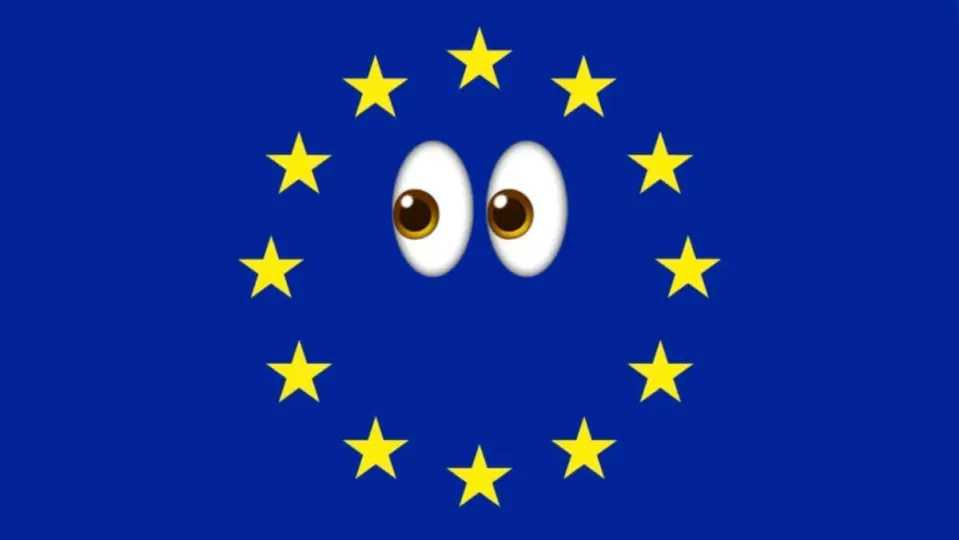The European Union has launched a series of investigations to determine if some of the world’s largest companies are complying with the new regulations designed to limit their power in the market. Under the scrutiny of the European Commission are Alphabet (Google’s parent company), Apple, Amazon, and Meta (formerly Facebook), all of them accused of not having met the requirements of the recently implemented Digital Markets Act (DMA).
Research on DMA compliance
Since its conception, the DMA has been presented as a tool to “level the playing field” in the digital sector. However, the interpretation and implementation of this regulation by the European Commission, especially regarding how companies have adapted to the new regulation, has led to the opening of investigations. According to the most critical voices, these investigations seem to reflect more a punitive approach towards the technology industry rather than an effort to promote a fair and competitive environment.
Alphabet and its self-preference policies
The Commission has initiated proceedings against Alphabet for its rules in Google Play and self-preference in Google searches. It is being investigated whether Alphabet unfairly favors its own services, such as Google Shopping, Google Flights or Google Hotels, over those of the competition in search results.
Apple and user freedom of choice
Apple faces scrutiny for how easily it allows uninstalling iOS applications, changing default settings, and choosing alternative services through selection screens. The main concern is whether Apple’s measures, including the design of the browser choice screen, limit the user’s ability to choose.
Meta’s “payment or consent modality”
Meta is also under investigation for its “pay or consent” model, which may not offer a sufficient alternative to users who choose not to consent to data collection. This model is being analyzed under the DMA, which requires user consent to combine or cross-use their personal data across different platform services.
Amazon and its ranking practices and Apple’s fees
In addition, the Commission is investigating whether Amazon could be favoring its own products in the Amazon store, which would constitute a violation of the DMA. Also, if the new fee structure proposed by Apple to comply with the DMA, let’s remember that the DMA has forced Apple to charge for each component independently, meets what the commission expected.
And now what?
The companies affected by the DMA have implemented significant changes in response to the demands of the new regulation. Despite these adaptations, the European Commission has decided to proceed with investigations that not only question the sincerity of the companies’ efforts to comply with the DMA, but also raise questions about how to interpret a law that, like all legal texts, is very open to interpretation.
By imposing restrictions and limitations that could be interpreted as disproportionate or unnecessarily burdensome, the Commission runs the risk, however, of stifling innovation and, precisely, harming consumers, who directly benefit from the services and products offered by these companies. The threat of sanctions, which could amount to up to 10% of the company’s total worldwide turnover and up to 20% in case of repeated infringements, highlights the seriousness with which the EU is willing to act.
Fortunately, here the courts come into action, which will be able to block or reverse the commission’s decisions whenever they deem it appropriate. In this context, although the result of these investigations is intended to be achieved within 12 months, a record within this type of actions, the final word is far from being said. We can expect that, at least, we are 5 years away from resolving this situation.
In any case, the decision of the European Commission to investigate companies such as Alphabet, Apple, Amazon, and Meta to analyze compliance with the DMA raises some doubts. At a time when technological innovation is at the heart of economic and social development, and considering, just as an example, that attacking an iPhone could be cheaper than before, it is imperative to consider whether the EU’s regulatory actions will have the expected effect or just the opposite.


